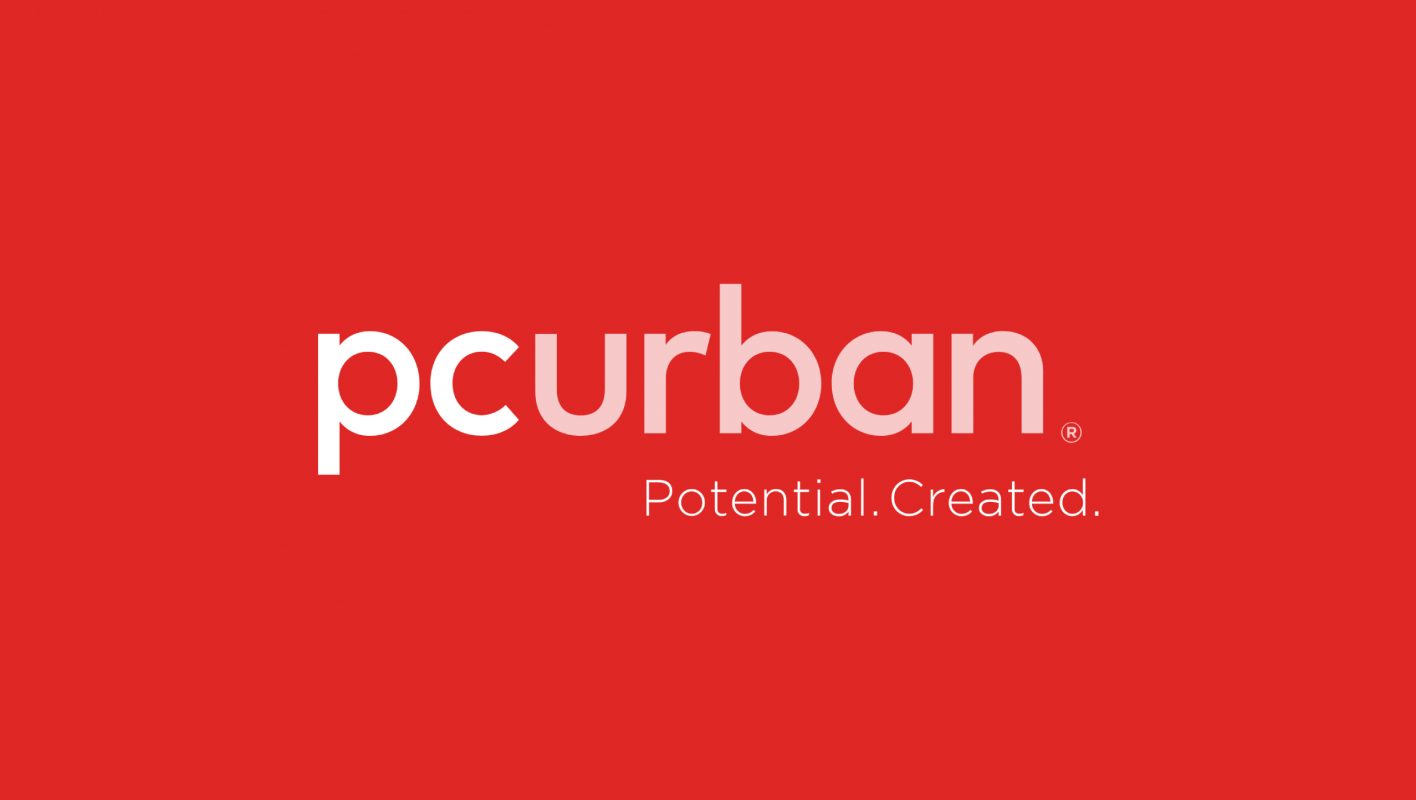



By: Peter Mitham
October 3, 2022
A pilot project in Vancouver is pointing the way towards using vacant housing awaiting demolition to meet pressing needs.
Three vacant homes at Nanaimo Street and East 10th Avenue in Vancouver are the first of dozens set to participate in Operation Welcome Home, an initiative of S.U.C.C.E.S.S. (formally known as the United Chinese Community Enrichment Services Society) and Maple Hope Foundation, which works with families seeking refuge from the conflict in Ukrainian.
The homes, donated by Vancouver developer First Track Investments Ltd., provide safe and secure housing to the families while they get their bearings in Canada.
“This is a perfect opportunity to take initiative and find a way of repurposing these houses throughout the development process to give back to [those in] the community that are in need, and that are in need immediately,” said Sasha Faris, president of First Track. “The whole idea is to let them get on their feet and leave at their leisure.”
S.U.C.C.E.S.S. assumes management of the properties for the duration of the program, and tenants are identified through Maple Hope. Tenants pay a nominal rent designed to cover program costs.
The homes are among seven that occupy the future site of the Woodland Block, a proposed 72-unit townhome development at 2607 Nanaimo Street. The units are described as “flats are designed for real life, with mid-century modern influences, spaces for an assortment of retailers, and resident amenities that bring people together.”
But for now, they’ve been refurbished at a cost of approximately $5,000 apiece. Paint, appliances and any upgrades needed to pass a civic housing inspection have allowed S.U.C.C.E.S.S. to use them to support resettlement.
The project is the brainchild of the Rennie Foundation, which recognized the challenges Ukrainians would have in a market with essentially zero rental vacancies.
In May, an initial couple was housed in a completed but vacant developer-owned home in May. But in trying to find a supply of short-term accommodation, attention soon focused on the 2,500-plus homes slated for demolition each year across Metro Vancouver.
“They don’t serve a purpose as long-term rental and that’s where we said, ‘Let’s match this immediate demand coming from refugees, and in this case Ukrainian refugees, and let’s match it with this housing supply that is actually sitting vacant in a market where there is no vacancy,” said Jenn Podmore Russell, vice-president, advisory with the Rennie Group and a special advisor to the Rennie Foundation.
Regulations put in place to protect long-term renters and the rental stock posed obstacles, however. In Vancouver, for example, the rules stipulate that rental units be replaced one-for-one if a site is redeveloped. The province’s Residential Tenancy Act also has clauses governing early termination and termination in the event of demolition.
“[But] if we were able to team up with a settlement services organization, then we would be able to offer housing as part of an overall settlement service program, and so we called Queenie Choo of S.U.C.C.E.S.S.,” Podmore Russell said.
First Track was the first developer that had homes available, and took on the challenge of navigating the legal and bureaucratic challenges.
“We actually as far as talking to David Eby and said, ‘This is what we’re thinking’ and we got it from the top down and worked our way through the City of Vancouver,” Faris said, explaining that the project aimed to develop a model other developers could feel confident of adopting without fear of running afoul of municipal bylaws. “If we can show them that it’s as turn-key as this and if we have a blueprint they can follow and know, ‘OK, this is something I can do’ … it’s something they can give back.”
The success of the model on Nanaimo Street has set the pace for other developers, including PC Urban and Headwater Projects Inc. to offer up houses on their own redevelopment sites. An additional 10 homes in the Grandview-Woodland neighbourhood, as well as 10 homes in Port Moody and upwards of 20 are various locations in Vancouver are all slated to be part of Operation Welcome Home.
“This program is really marrying housing to all the other essential services for arriving refugees to give them the most stability possible right off the bat to really get established,” Podmore Russell said. “It gives them that ability to find the right path, long-term.”
The pilot program initially aimed to secure 10 homes to demonstrate the concept, but with close to 40 units now offered, the pilot has firmly proven itself.
“First Track gets all the credit in the world for being the first developer to come on board and actually help us find out all the logistics and ins and outs of doing this,” Podmore Russell said.
Combined with the contribution of other vacant units, she said Operation Welcome Home has provided homes to 50 families since May.